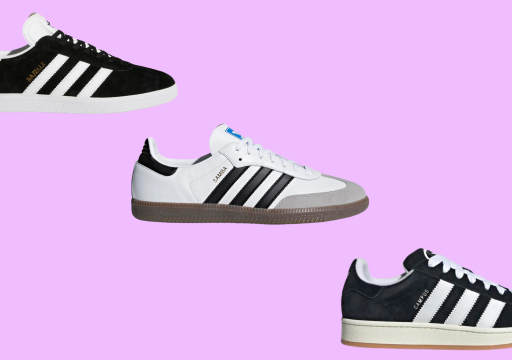What is a Beanie?
A beanie is a close-fitting winter hat that has become a staple in both fashion and functional apparel. Originating from the early 20th century, beanies were initially worn by laborers who needed a stable covering solution to keep their heads warm while working in cold environments. Over time, this simple piece of headwear has evolved significantly, transcending its utilitarian roots to become a fashionable accessory embraced by diverse cultures and social groups.
Historically, beanies have been manufactured from various materials, each chosen for its unique properties. Traditional materials include wool, prized for its natural insulating qualities and moisture-wicking capabilities.
Cotton beanies offer a softer, breathable option, ideal for mild temperatures. Acrylic and synthetic blends have also gained popularity due to their durability, ease of care, and affordability. These materials contribute to the beanie’s versatility, making it suitable for different weather conditions and personal preferences. One of the central qualities of a beanie is its cozy fit, which guarantees both comfort and warmth. The stretchy, flexible nature of the materials utilized permits beanies to adjust to the state of the wearer’s head, giving a safe and cozy vibe. This snugness is a key element that has kept the beanie important through many years of changing styles.
Beanies are staggeringly flexible and can be worn in different settings and for various events. They are a typical sight in casual, ordinary wear, frequently matched with jeans and a hoodie for a laid-back look. Outdoor enthusiasts also favor beanies for activities such as hiking, skiing, and camping, where warmth and comfort are paramount. Beyond their practical uses, beanies have also found a place in urban streetwear and high fashion, with designers incorporating them into their collections to add a touch of effortless cool.
In conclusion, the beanie’s journey from a functional piece of workwear to a stylish accessory highlights its enduring appeal and adaptability. Whether for practical purposes or as a fashion statement, the beanie remains a beloved item in wardrobes around the world.
Types of Beanies
Beanies have enhanced from ordinary winter wear to versatile fashion accessories, available in multiple styles to suit different tastes and needs. Understanding the differences between types of beanies can help individuals choose the perfect one for their style and requirements.
The classic cuffed beanie is perhaps the most recognized type. This beanie features a folded brim that can be adjusted to cover more or less of the forehead and ears. Its simplicity and versatility make it a staple in many wardrobes, suitable for both casual and semi-formal settings.
More individuals are interested in the slouchy beanie because it offers a more relaxed fit, characterized by extra fabric at the top that creates a laid-back, effortlessly cool look. This style is particularly popular among those seeking a casual, yet stylish, accessory that can complement a variety of outfits.
For those preferring a shorter beanie, the fisherman beanie is an excellent choice. This type sits above the ears and provides a snug fit, often chosen for its rugged, utilitarian aesthetic. It’s a great option for anyone looking to add a touch of maritime charm to their ensemble.
The pom-pom beanie stands out with its playful, decorative pom-pom on top. This style adds a fun element to winter wear and is available in various colors and patterns, making it a favorite for both children and adults who enjoy a whimsical touch.
Other notable variations include the earflap beanie, which provides additional warmth with its extended flaps that cover the ears, and the ski mask beanie, designed for maximum coverage and protection against harsh weather conditions. For those with a taste for luxury, designer beanies offer high-end materials and unique designs, often seen on fashion runways and in premium stores.
When selecting a beanie, consider factors such as personal style, face shape, and intended use. For instance, a slouchy beanie can supplement a round face by adding a level, while a fisherman beanie can upgrade to a more precise face shape. Moreover, the decision of material — whether fleece, cotton, or engineered filaments — can affect the beanie’s glow and breathability.
Conclusion
To guarantee a life span, really focusing on beanies appropriately is pivotal. Most can be hand-washed with a gentle cleanser and laid level to dry, abstaining from extending or wringing. For explicit consideration directions, consistently allude to the maker’s rules. With appropriate consideration, beanies can stay a la mode and utilitarian for some seasons.
Read More interesting Topics With : YOURS
- Roblox Unblocked 66: Unlocking Endless Gaming Possibilities
- CoolMathGames Unblocked: Your Ultimate Destination for Fun and Learning
- Derrick Henry Cowboys: A Name that resonate in NFL
- The Alexee Trevizo Case: Latest Updates, Verdict Insights, and Ongoing Legal Battles in 2024
- Tyson vs Paul: A Clash of Generations in the Boxing Ring





